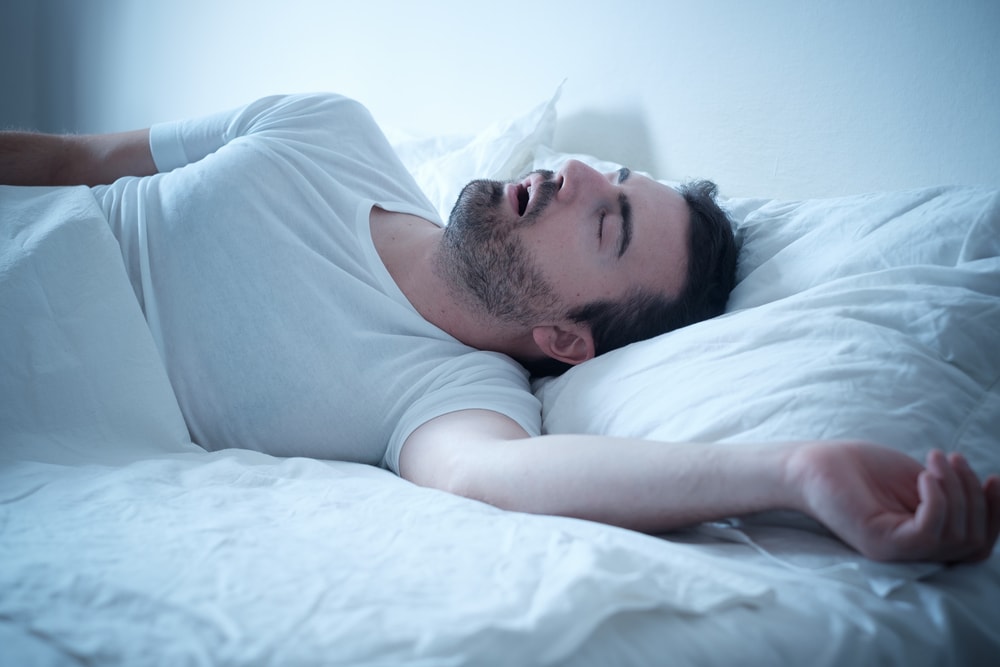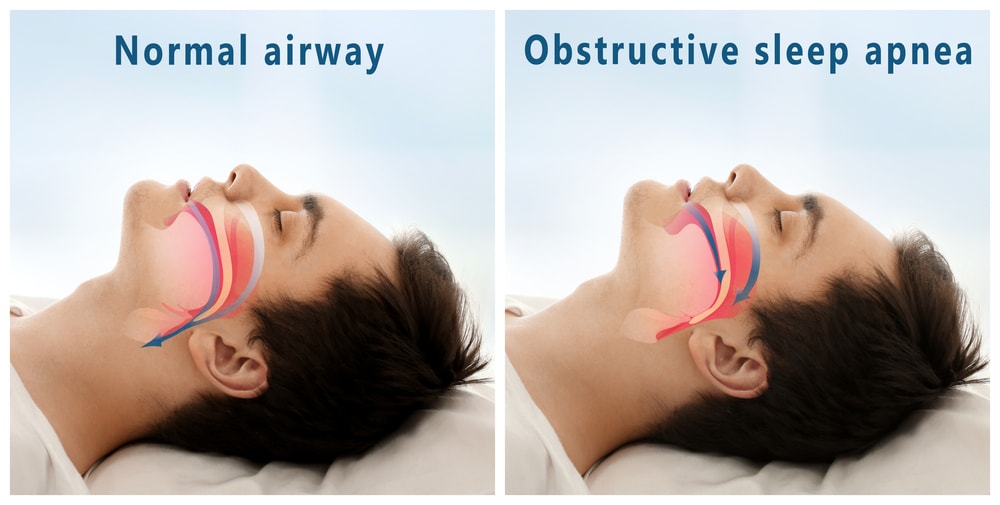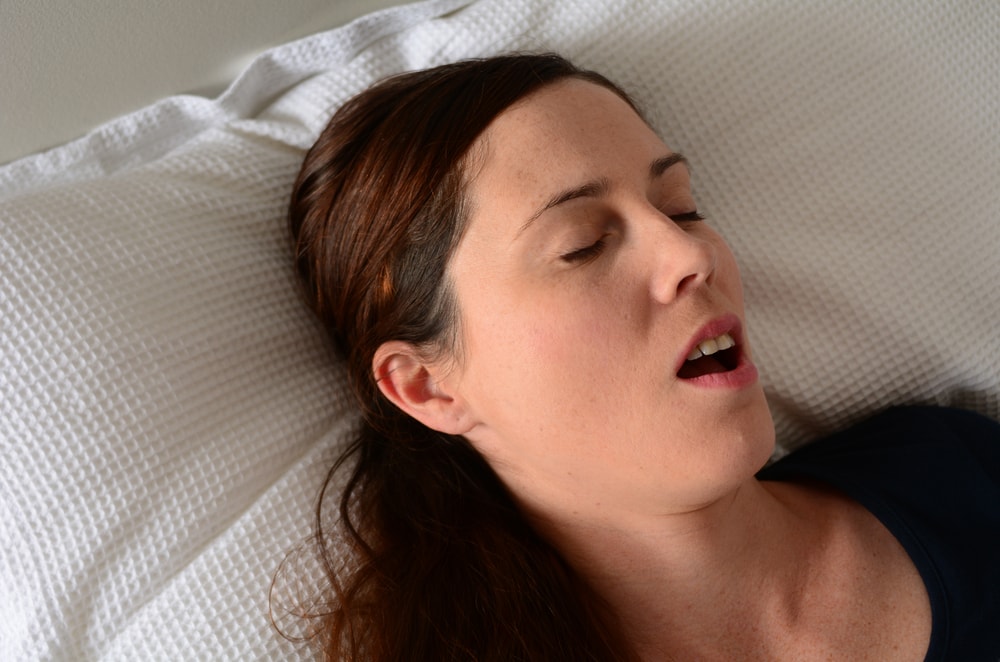
Dread the morning? Many people do, but if you often find yourself waking up exhausted, experiencing dry mouth and a sore jaw, the problem may be more serious than the occasional sleepless night. According to the National Sleep Foundation, roughly 18 million American adults suffer from sleep apnea.
The most common form of the disorder is obstructive sleep apnea (OSA), where the throat relaxes during sleep, blocking the airway. A person with OSA may snore, choke or gasp throughout the night. This condition can prevent a person from breathing for 10 seconds or more.

Each time, the sleeper wakes—even if he or she doesn’t register this consciously—potentially resulting in hundreds of disturbances per night. By losing out on sleep, the sufferer may find that he or she is drowsy during the day, making workplace tasks, driving, memorization and other activities much more difficult and dangerous.
The condition also has a tendency to impact oral health, which is why the dentist is often the first person to identify the problem. For example, one in four people with OSA grind their teeth. Others may clench their teeth, resulting in temporomandibular joint disorders, more commonly known as TMJ or TMD. A person with OSA will often complain of a sore jaw.
There are other issues as well. Grinding the teeth can weaken enamel, leading to cavities, cracked or missing teeth. Due to excessive snoring or opening the mouth to draw oxygen into the lungs, OSA suffers are likely to experience dry mouth.

If you’re worried that you or a loved one might suffer from OSA, make an appointment with your dentist. He or she can check for symptoms and send you to a sleep disorder specialist for an official diagnosis and treatment. There are various treatment options that range from specialized mouth guards or other dental appliances to keep the airways open to a continuous positive airway pressure (CPAP) system or surgery. The first step, however, is to identify the problem.
Teeth are important, so it’s essential not to let OSA deteriorate your dental health. Regular dental checkups and cleanings will ensure symptoms of OSA won’t impact your teeth. At TenderCare Dental, our team of dental professionals are happy to answer any questions or address any concerns you have about your oral health. We’re always accepting new patients. Schedule an appointment today to experience the best in oral care at TenderCare!

Leave a Reply